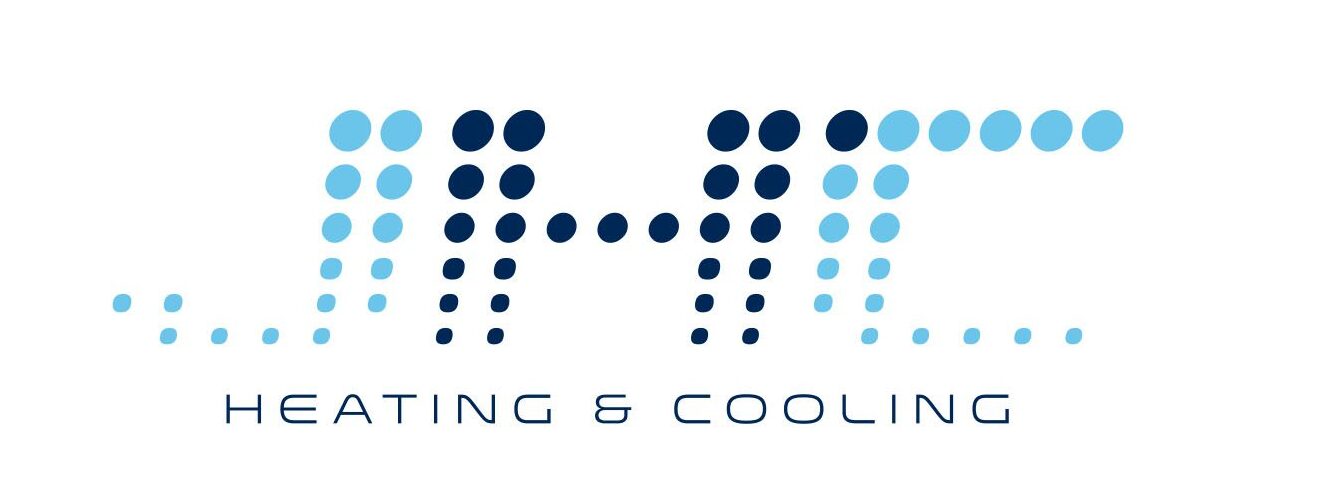When it comes to keeping your home cool in the scorching summer heat or warm and cozy during the chilly winter months, you have a choice to make: a heat pump or air conditioner. Both systems are designed to regulate the temperature inside your home, but they work in slightly different ways and offer distinct advantages. We'll break down the differences between heat pumps and air conditioners, helping you make an informed decision about what's best for your home.
Heat Pump vs. Air Conditioner:
Air Conditioner:
An air conditioner is a system that cools the indoor air by removing heat from it. It accomplishes this by using a refrigerant to absorb heat from inside your home and then expelling that heat outside. In essence, it only provides cooling.
Heat Pump:
A heat pump, on the other hand, is a versatile system that can both heat and cool your home. It operates by transferring heat from one place to another. During the summer, it works like an air conditioner by removing heat from your home and releasing it outdoors. In the winter, it reverses this process, extracting heat from the outdoor air (even in cold climates) and bringing it inside to warm your home.
Harnessing Nature's Heat: How Does a Heat Pump Work?
In an age where energy efficiency and sustainability are paramount, the heat pump has emerged as a remarkable innovation in the world of heating and cooling. It's a technology that harnesses nature's heat to keep your home comfortable year-round. But how exactly does a heat pump work? In this blog post, we'll demystify the workings of this eco-friendly heating and cooling system.
The Basics of a Heat Pump
At its core, a heat pump is a device that transfers heat from one place to another. Unlike traditional heating systems that generate heat, a heat pump simply moves it. This not only makes it energy-efficient but also environmentally friendly.
The Two Sides of a Heat Pump
A heat pump has two main components: an indoor unit called the evaporator and an outdoor unit known as the condenser. These units work together in a cycle to regulate your home's temperature.
Cooling Mode:
- Evaporation: In cooling mode, the indoor evaporator coil contains a refrigerant fluid that absorbs heat from the indoor air. This heat exchange process cools the indoor air, making your living spaces more comfortable.
- Compression: The refrigerant, now in a gaseous state, is pumped to the outdoor condenser unit. Here, a compressor pressurizes the gas, causing it to become extremely hot.
- Condensation: As the hot, pressurized gas travels through coils in the outdoor unit, it releases the absorbed heat into the outdoor air. The refrigerant then condenses back into a liquid.
- Expansion Valve: The refrigerant returns to the indoor evaporator, where it passes through an expansion valve. This valve reduces its pressure, allowing it to evaporate and start the cycle anew.
Heating Mode:
The heat pump can also reverse this cycle to provide heating during the colder months.
- Evaporation: In heating mode, the outdoor unit acts as the evaporator, extracting heat from the outdoor air, even in chilly conditions.
- Compression: The heat extracted from the outdoor air is then compressed and transferred to the indoor coil.
- Condensation: The heat released inside your home warms the indoor air.
- Expansion Valve: As the refrigerant returns to the outdoor unit, it passes through the expansion valve, restarting the process.
Suitability for Different Climates
While heat pumps are highly efficient and environmentally friendly, their performance can vary based on your climate. They work exceptionally well in moderate to mild climates but may struggle in extremely cold conditions. In such cases, supplemental heating might be necessary. However, advancements in heat pump technology have made them increasingly effective in colder climates as well.
Energy efficiency
Heating, ventilation, and air conditioning (HVAC) systems represent a significant initial investment and are responsible for the largest portion of your monthly energy expenses. Typically, the more efficient your HVAC unit is, the less energy it will consume to maintain a comfortable temperature in your home.
Both air conditioners and heat pumps utilize Seasonal Energy Efficiency Ratio (SEER) ratings to gauge their cooling efficiency. SEER is determined by dividing the system's cooling capacity by the energy required to operate it. A standard SEER rating typically falls within the range of 13 to 21, with higher ratings indicating greater efficiency. Additionally, heat pumps employ the Heating Seasonal Performance Factor (HSPF) to evaluate their heating efficiency.
When comparing heat pumps and air conditioners with the same SEER rating, they will consume roughly the same amount of energy during the summer months to cool your home. However, during the winter, the overall cost can be significantly affected by the type of secondary heating system you have in place.
While heat pumps are highly efficient in their electricity consumption and generally produce a greater volume of both cool and warm air relative to the energy they consume, their efficiency can decline in extremely low outdoor temperatures. Additionally, if you solely rely on a heat pump (without a furnace), a power outage will result in the loss of both heating and cooling capabilities.
Year-Round Comfort
The ability to provide both heating and cooling makes heat pumps a great choice for year-round comfort. They can be particularly beneficial in regions with mild winters, as they can efficiently heat your home without relying on more energy-intensive methods like electric resistance heating or a gas furnace. Air conditioners, as mentioned earlier, only offer cooling and can leave you shivering in the winter without a supplementary heating system.
Installation and Cost Considerations
When it comes to upfront costs, air conditioners are often less expensive to purchase and install. However, it's essential to consider the long-term costs and benefits. Heat pumps may have a higher initial investment, but their energy efficiency can result in substantial savings over time, making them a cost-effective choice in the long run.
Additionally, if you're retrofitting your home with a new HVAC system and don't already have ductwork, you may want to explore ductless mini-split heat pumps. These systems don't require ducts, making installation more straightforward and cost-effective.
Conclusion
In the heat pump vs. air conditioner debate, there isn't a one-size-fits-all answer. The best choice for your home depends on factors like your climate, budget, and long-term energy efficiency goals. If you prioritize energy efficiency, and year-round comfort, and can handle the initial cost, a heat pump might be the better choice. However, if you live in a climate with harsh winters or have budget constraints, an air conditioner combined with a separate heating system could be the way to go.
Ultimately, it's essential to consult with a qualified HVAC professional who can assess your specific needs and recommend the best solution for your home. By making an informed decision, you can ensure that your home remains comfortable and energy-efficient throughout the year.
Don’t forget to conduct thorough research, compare options, and consider your specific requirements and budget before making a final decision on choosing a heat pump or AC in Canada. If you have any questions, please don't hesitate to call John’sHomeComfort Heating & Cooling Ltd. #416-881-5425


